44 art-labeling activity: figure 19.21b (3 of 4)
Art-labeling Activity: Regional Terminology (4 of 4) - Quizlet Start studying Art-labeling Activity: Regional Terminology (4 of 4). Learn vocabulary, terms, and more with flashcards, games, and other study tools. Labeling, ranking, sorting, or sentence completion questions All of these question types require you to position items into an area of the answer box. Answer these kinds of questions on a computer, not on a smartphone. Basic keyboard instructions (applies to most keyboards) Labeling questions. Ranking questions. Sorting questions. Sentence completion (vocabulary) questions.
19.1 Heart Anatomy - Anatomy and Physiology 2e - OpenStax Shape and Size of the Heart. The shape of the heart is similar to a pinecone, rather broad at the superior surface and tapering to the apex (see Figure 19.2 ). A typical heart is approximately the size of your fist: 12 cm (5 in) in length, 8 cm (3.5 in) wide, and 6 cm (2.5 in) in thickness.

Art-labeling activity: figure 19.21b (3 of 4)
CH 15 special senses review questions - 1 Art-labeling Activity: Figure ... Art-labeling Activity: Figure 15.24b (2 of 2) Label the Ear 12 Art-labeling Activity: Figure 15.26 Label the Ear 13 Art-labeling Activity: Figure 15.27c Label the Hair Cells in the Organ of Corti 14 What term means that the lens can change shape so that the eye can focus on items either close at hand or far away? accommodation PDF PowerPoint Lecture Slides prepared by Human Anatomy & Physiology ... Figure 19.5 Relative proportion of blood volume throughout the cardiovascular system. Pulmonary blood vessels 12% Systemic arteries and arterioles 15% Heart 8% Capillaries 5% Systemic veins and venules 60% © 2013 Pearson Education, Inc. Veins • Adaptations ensure return of blood to heart despite low pressure A & P Ch 6 Musclular System Student PPT - SlideShare 2. The Muscular System Ch 6 Goals Overview of Muscle Tissues 1. Describe similarities and differences in the structure and function of the three types of muscle tissue and indicate where they are found in the body. 2. State the 4 main functions of the muscular system and list the main parts of the muscular system. 3.
Art-labeling activity: figure 19.21b (3 of 4). 10 muscles - SlideShare PowerPoint® Lecture Slides prepared by Vince Austin, University of Kentucky The Muscular System 10 Human Anatomy & Physiology, Sixth Edition Elaine N. Marie… redirect.prod.mastering.pearsoncmg.com Labeling, ranking, sorting, or sentence completion questions. All of these question types require you to position items into an area of the answer box. Answer these kinds of questions on a computer, not on a smartphone. Press Tab to move forward or Shift/Tab to move backwards through the provided answer items. 13: The Respiratory System - Pearson Art Labeling Activities. Figure 13.2b: Basic anatomy of the upper respiratory tract, sagittal section. Figure 13.4b: Anatomical relationships of organs in the thoracic cavity. Ch 19 Blood Vessels.pdf - Ch 19 Blood Vessel HW 102 min... - Course Hero ANSWER: Correct Elastic arteries are the thick-walled arteries near the heart, including the aorta and its major branches. These arteries are the largest in diameter, ranging from 2.5 cm to 1 cm, and the most elastic. Elastic arteries are pressure reservoirs, expanding and recoiling as the heart ejects blood into them.
Solved jeling Activity: Figure 19.21b (3 of 4) Drag the - Chegg Expert Answer. Answer The labels are indicated from RIGHT SIDE of i …. View the full answer. Transcribed image text: jeling Activity: Figure 19.21b (3 of 4) Drag the appropriate labels to their respective targets. Reset Subclavian artery Deep palmar arch Brachial artery Axilary artery Radial artery Digital arteries Superficial palmar arch ... PDF CARDIOVASCULAR - Sinoe Medical Association Figure 19.21b Major arteries of the Internal carotid arterysystemic circulation. Common carotid arteries Subclavian artery Subclavian artery Aortic arch Ascending aorta Coronary artery Thoracic aorta (above diaphragm) Renal artery Superficial palmar arch Radial artery Ulnar artery Internal iliac artery Deep palmar arch Vertebral artery ... Stroke secrets : If traffic is well regulated in circle of Willis ... November 3, 2016 by dr s venkatesan In early days of medical school we were taught there is an important vascular grade separator in the base of brain .God would not have created this circle (of Willis ) without any purpose , he must have designed it for a reason. Part a drag the appropriate labels to their - Course Hero View full document. Part A Drag the appropriate labels to their respective targets. ANSWER: HelpResetChapters 18 & 19 Lab ...101 of 120 10/8/2019, 8:55 AM. Art-labeling Activity: Figure 19.21b Part A Drag the appropriate labels to their respective targets. ANSWER: HelpReset HelpResetChapters 18 & 19 Lab ... 102 of 120 10/8/2019, 8:55 AM.
Answer correct loading - Course Hero 2/16/2017 Chapter 7 Reading Homework 4 10/10 Artlabeling Activity: Figure 7.31b (1 of 2) Part A Drag the appropriate labels to their respective targets. ANSWER: Correct Score Summary: Your score on this assignment is 92.6%. Art- labeling Activity Flashcards - Quizlet Start studying the Art- labeling Activity flashcards containing study terms like , , and more. Home. Subjects. Explanations. Create. Study sets, textbooks, questions. Log in. Sign up. Upgrade to remove ads. Only $35.99/year. Art- labeling Activity. STUDY. ... marketing exam 3 chapters 10-12. 73 terms. BIO2341-19, Part 3 Circulatory Pathways: Blood Vessels of the ... - Quizlet Created by. nforbes2013 PLUS. PART 3 CIRCULATORY PATHWAYS: BLOOD VESSELS OF THE BODY 19.11 The vessels of the systemic circulation transport blood to all body tissues Art-labeling Activity: Major arteries of the systemic circulation, part 1 (Figure 19.21b) Art-labeling Activity: Major arteries of the systemic circulation, part 2 (Figure 19.21b ... Fundamentals Of Anatomy & Physiology 11th Edition Pdf Free Download Features in the text are supported Pearson Mastering (TM) Anatomy & Physiology assignments, including new SmartArt Videos, Interactive Physiology 2.0, Dynamic Study Modules, Learning Catalytics, Spotlight Figure Coaching Activities, lab study tools, Get Ready for A&P, plus a variety of Art Labeling Questions, Clinical Application Questions, and ...
a&p II chapter 18/19 Flashcards | Quizlet How does inflating a blood pressure cuff affect brachial artery blood flow? it restricts local circulation. Other than the brain and heart, what organ would hypertension affect the most? kidney. Art-labeling Activity: Figure 18.2b (1 of 2) ****add pic**** screenshot. Art-labeling Activity: Figure 18.2b (2 of 2)
Lab 4: Blood Vessel Identification - Community College of Allegheny County Chapter 19: The Cardiovascular System: The Heart ; Chapter 20: The Cardiovascular System: Blood Vessels & Circulation ... Lab 4: Blood Vessel Identification. A&P Lab Manual. Lab Atlas: Vessels. Lab 4: Blood Vessel Identification. Additional Activities: Lab 4. Blood Vessel - Labeling Activity. Matching Exercise: Arteries and Veins. Practice Quiz ...
Solved Art-labeling Activity: Figure 19.23(2 of 4) Part A - Chegg Answer:- I have uploaded the corr …. View the full answer. Transcribed image text: Art-labeling Activity: Figure 19.23 (2 of 4) Part A Drag the appropriate labels to the respective targets. Reset Help Han er Gonadal artery Abcom wote wory Comery Cole Informatie Artery tum PAS A X incorrect Try Again 4 attempts remaining.
PDF The Skeletal System - Coral Springs Charter School •Lacunae •Cavities containing bone cells (osteocytes) •Arranged in concentric rings •Lamellae •Rings around the central canal •Sites of lacunae
Art-labeling Activity: Figure 19.23b Flashcards | Quizlet Start studying Art-labeling Activity: Figure 19.23b. Learn vocabulary, terms, and more with flashcards, games, and other study tools.
A & P Ch 6 Musclular System Student PPT - SlideShare 2. The Muscular System Ch 6 Goals Overview of Muscle Tissues 1. Describe similarities and differences in the structure and function of the three types of muscle tissue and indicate where they are found in the body. 2. State the 4 main functions of the muscular system and list the main parts of the muscular system. 3.
PDF PowerPoint Lecture Slides prepared by Human Anatomy & Physiology ... Figure 19.5 Relative proportion of blood volume throughout the cardiovascular system. Pulmonary blood vessels 12% Systemic arteries and arterioles 15% Heart 8% Capillaries 5% Systemic veins and venules 60% © 2013 Pearson Education, Inc. Veins • Adaptations ensure return of blood to heart despite low pressure
CH 15 special senses review questions - 1 Art-labeling Activity: Figure ... Art-labeling Activity: Figure 15.24b (2 of 2) Label the Ear 12 Art-labeling Activity: Figure 15.26 Label the Ear 13 Art-labeling Activity: Figure 15.27c Label the Hair Cells in the Organ of Corti 14 What term means that the lens can change shape so that the eye can focus on items either close at hand or far away? accommodation


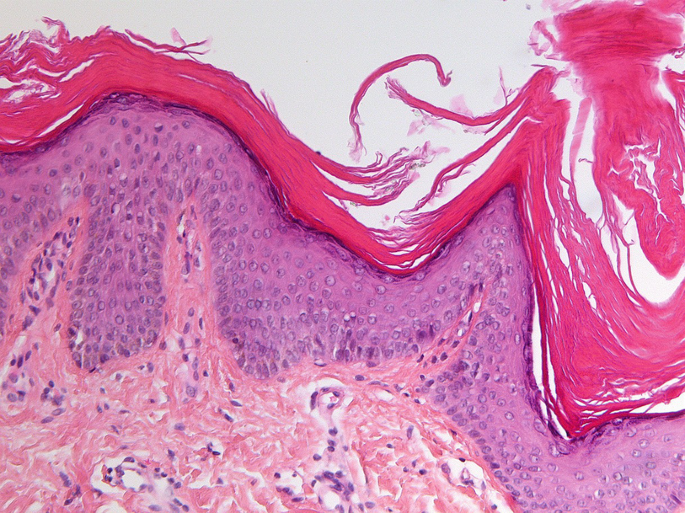



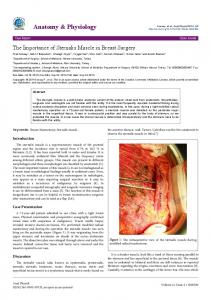







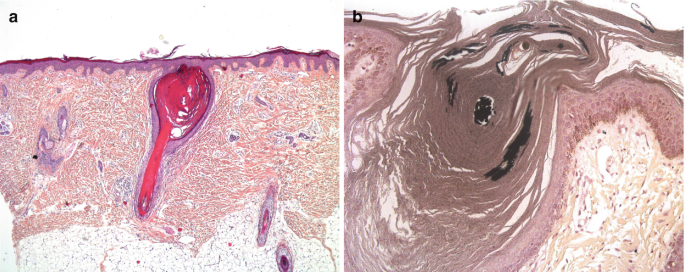

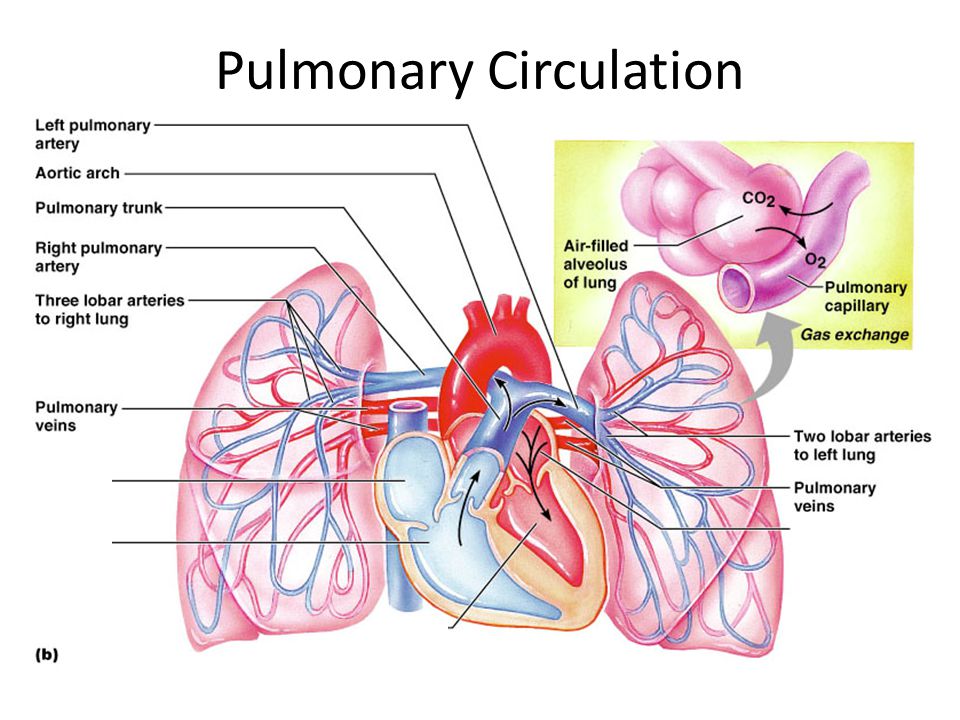






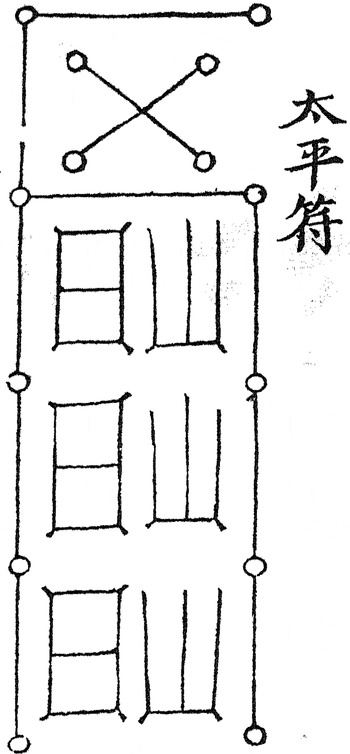


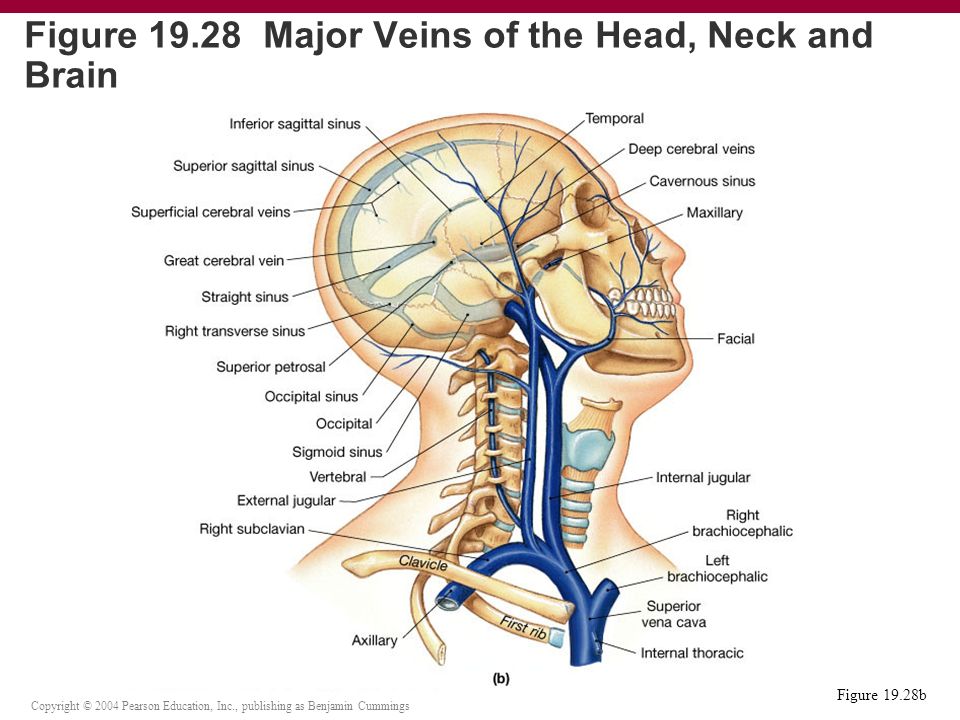
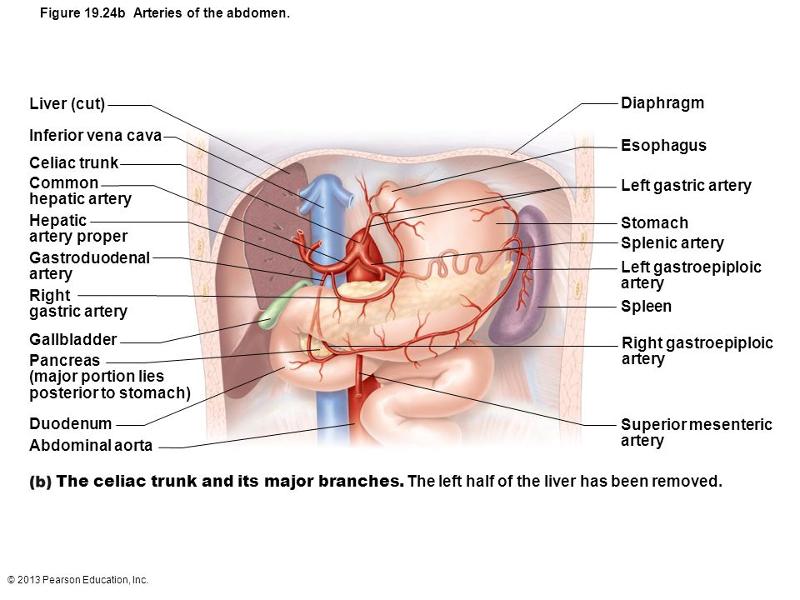




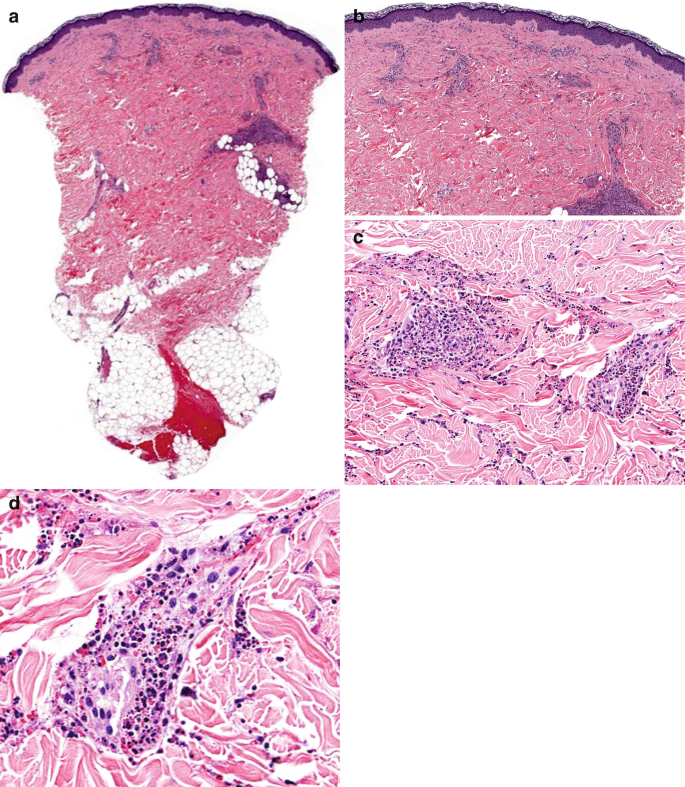
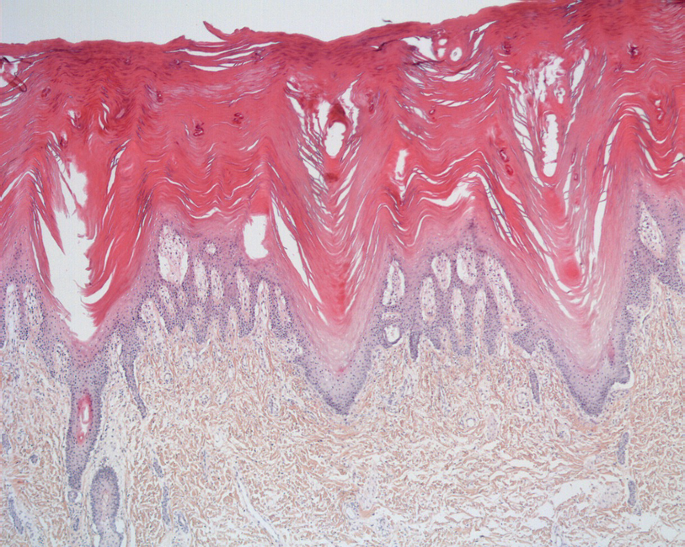




Post a Comment for "44 art-labeling activity: figure 19.21b (3 of 4)"